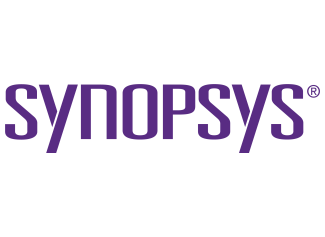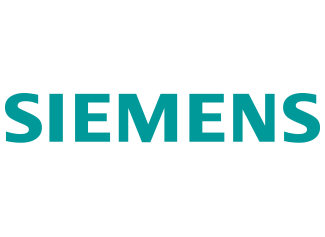Zaid is currently a VP in Microsoft’s Silicon, Cloud Hardware, and Infrastructure Engineering organization where he leads systems engineering and hardware development for Azure including AI systems and infrastructure. Zaid is part of the technical leadership team across Microsoft that sets AI hardware strategy for training and inference. Zaid's teams are also responsible for software and hardware engineering efforts developing specialized compute systems, FPGA network products and ASIC hardware accelerators.
Prior to Microsoft Zaid was head of infrastructure at LinkedIn where he was responsible for all aspects of architecture and engineering for Datacenters, Networking, Compute, Storage and Hardware. Zaid also led several software development teams focusing on building and managing infrastructure as code. This included zero touch provisioning, software-defined networking, network operating systems (SONiC, OpenSwitch), self-healing networks, backbone controller, software defined storage and distributed host-based firewalls. The network teams Zaid led built the global network for LinkedIn, including POP's, peering for edge services, IPv6 implementation, DWDM infrastructure and datacenter network fabric. The hardware and datacenter engineering teams Zaid led were responsible for water cooling to the racks, optical fiber infrastructure and open hardware development which was contributed to the Open Compute Project Foundation (OCP).
Zaid holds several patents in networking and is a sought-after keynote speaker at top tier conferences and events. Zaid is currently the chairperson for the OCP Foundation Board. He is also currently on the EECS External Advisory Board (EAB) at UC Berkeley and a board member of Internet Ecosystem Innovation Committee (IEIC), a global internet think tank promoting internet diversity. Zaid has a Bachelor of Science in Computer Science and Physics from the University of the South Pacific.




















